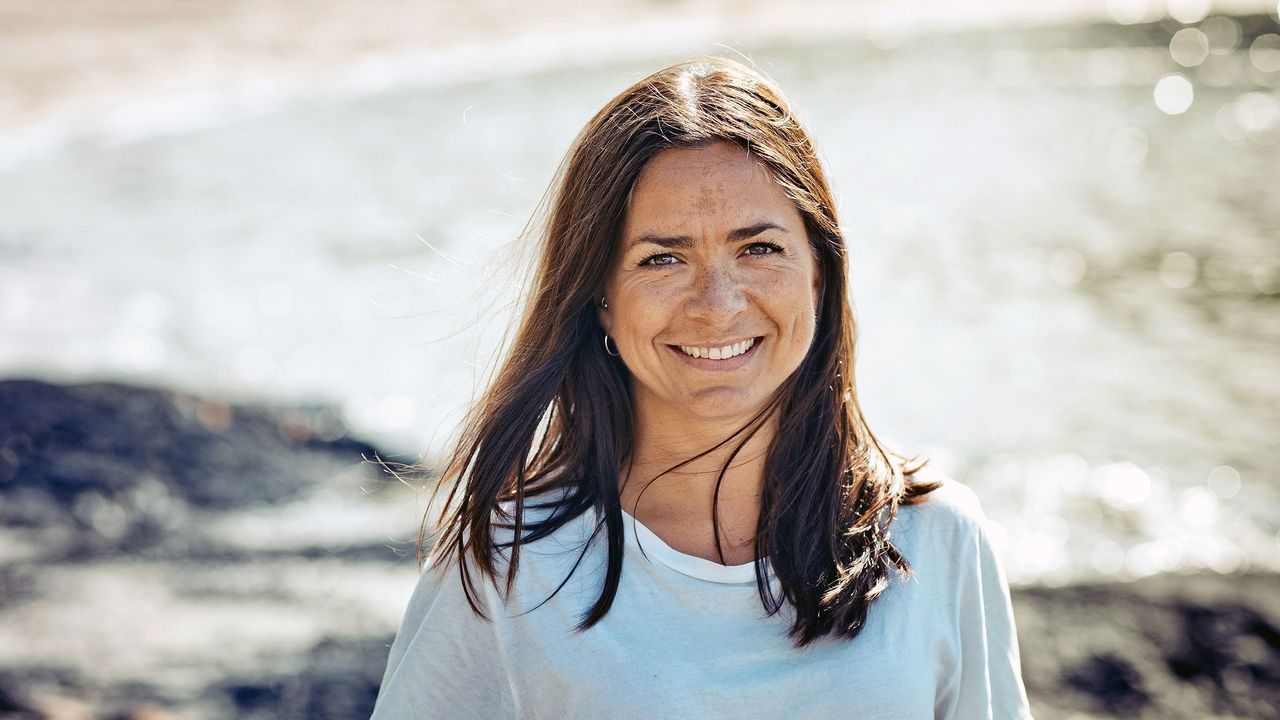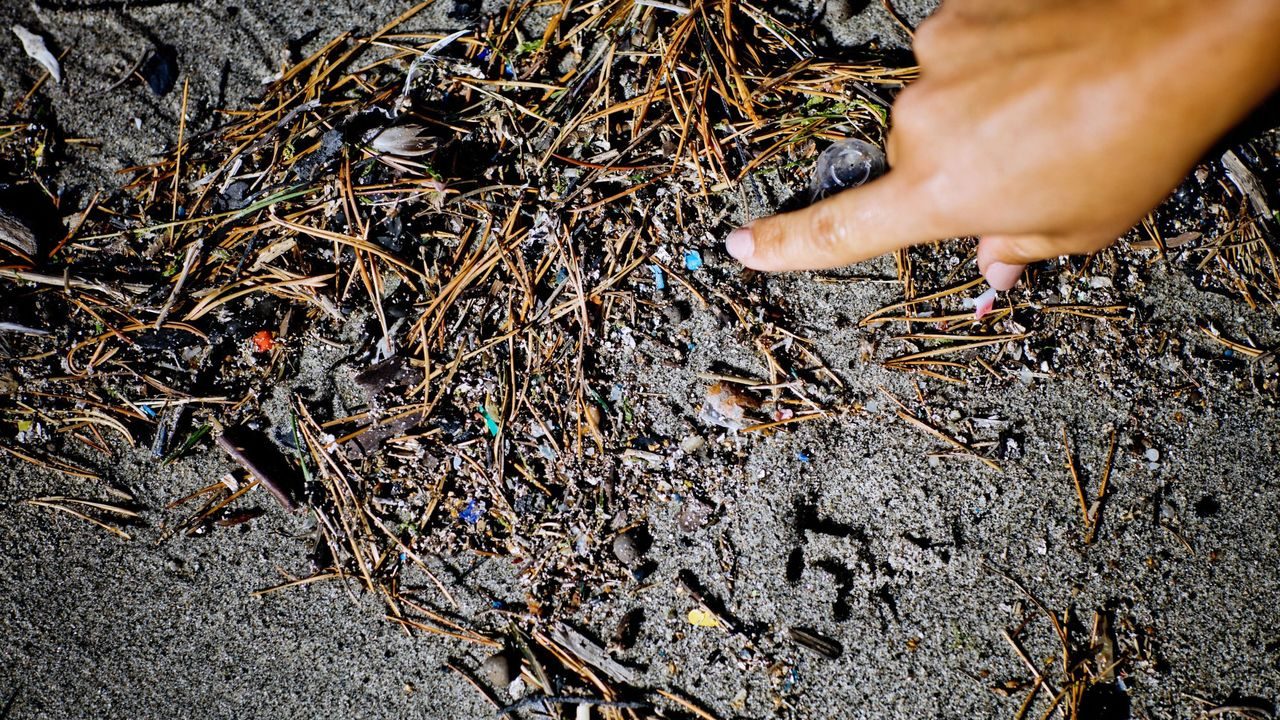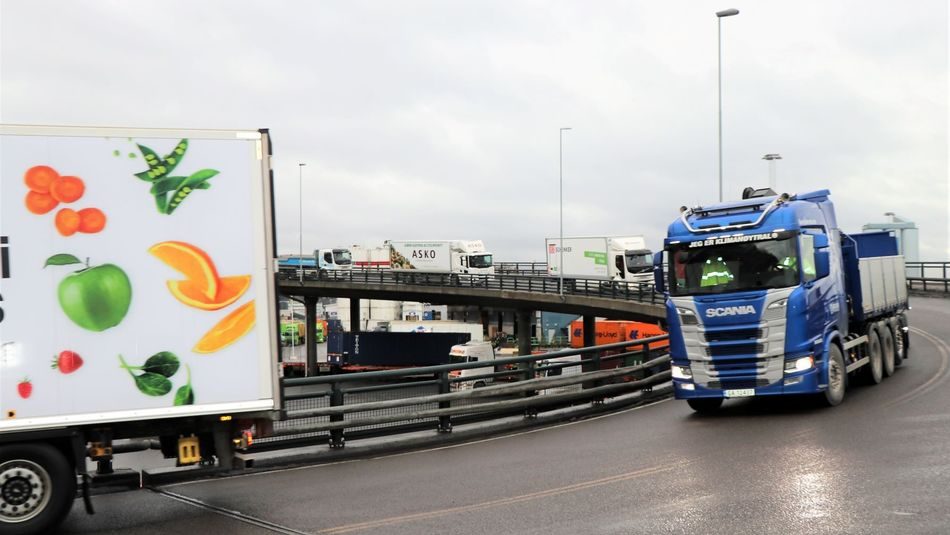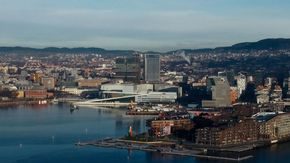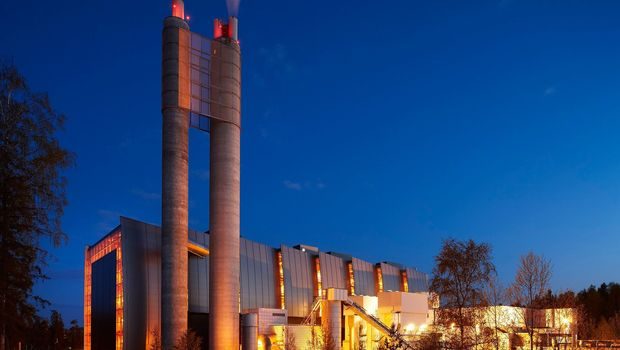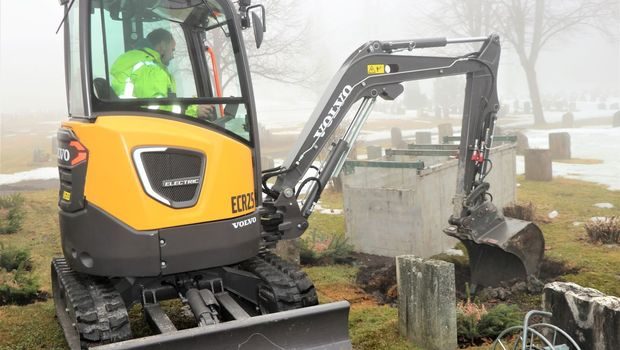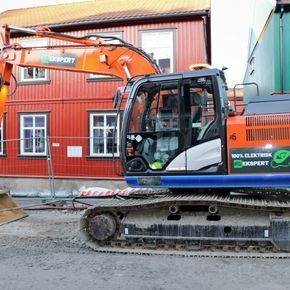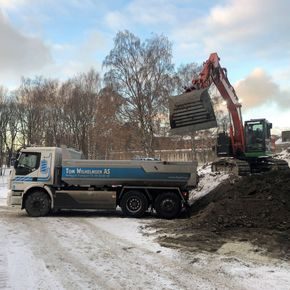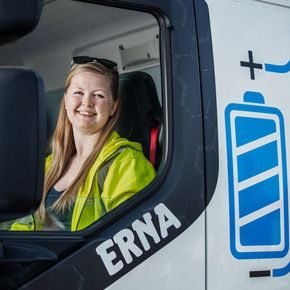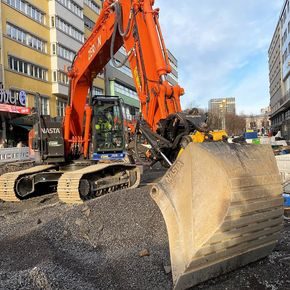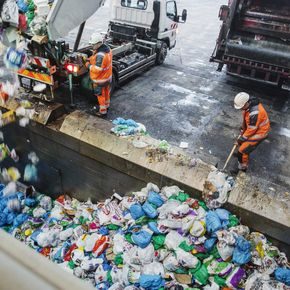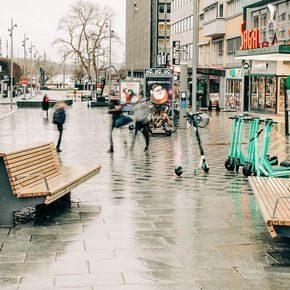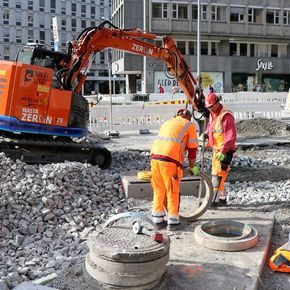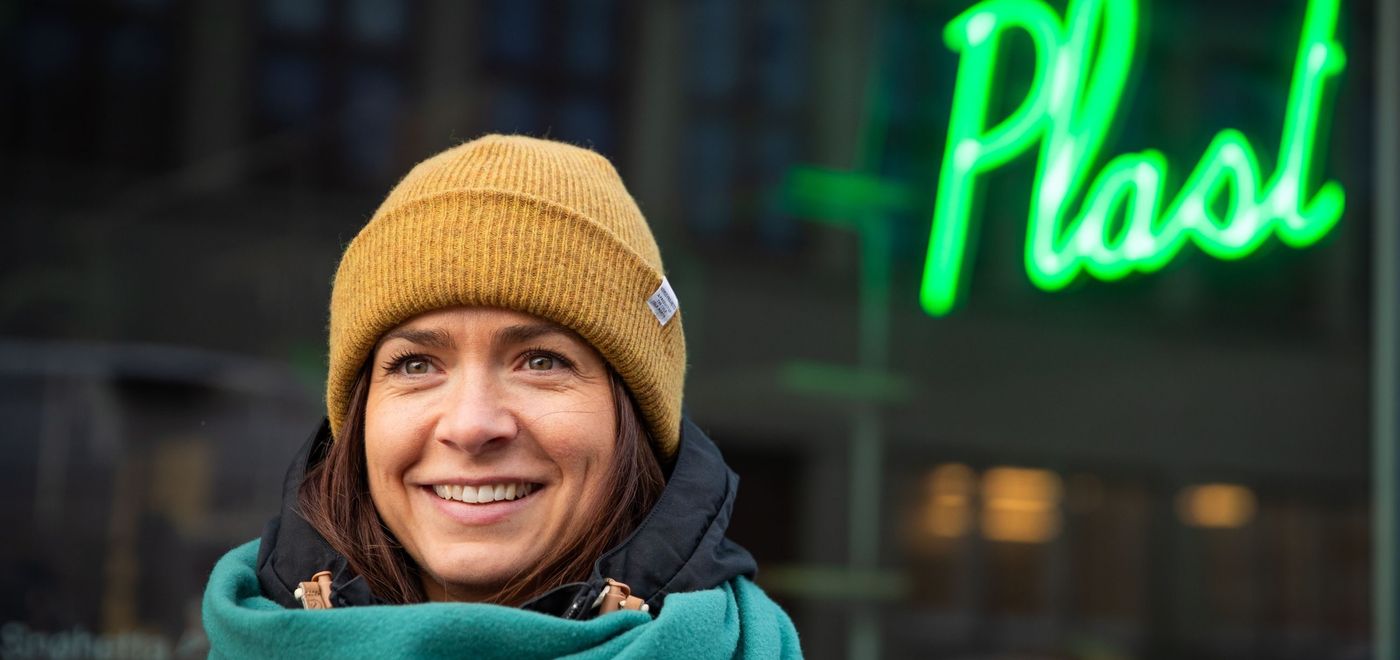
Introducing Oslo’s first “anti-plastics warrior”
As the European Green Capital of 2019, Oslo is taking up the battle against plastic pollution. Anja Stokkan is the municipality’s first anti-plastics warrior, and she is well equipped to combat cotton bud stems, cigarette butts and people’s bad habits.
“Most of the marine debris is lying on the sea bed, and the bed of the Oslo Fjord is covered with plastic and waste. Divers tell us about enormous quantities of plastic that are lying just beyond here.”
Anja Stokkan stands on the beach and points out over the calm waters of the fjord. In one hand she holds what she’s picked up: cotton buds, plastic bottle tops, colourful plastic fragments and a small bag. A long strip of stuff washed up by the sea lies across the sand. On closer inspection, there are many plastic products in amongst the seaweed.
“Our ambition is for the municipality to phase out all unnecessary use of single-use plastics during 2019, as the first city in the world to do so,” announced Oslo’s Governing Mayor, Raymond Johansen, in May 2018.
This statement imposes an obligation – and now the work is underway.
Stokkan has been employed at the Agency for Urban Development as Oslo’s first plastics coordinator. She recognizes the need for a strategic initiative to combat littering.
Sea of plastics
“Plastic is a great invention. It’s cheap to produce and allows us to take care of our food and other products so that we can avoid food waste, for example. Plastic makes our clothes last longer, and if one compares the environmental impacts of a reusable tote bag and a plastic carrier bag, the plastic bag is the winner. It’s important to understand this. So no one will benefit from a total ban on plastic. The problem is pollution and the amount of plastic. We’ve embraced this product, and it’s only now that we’re seeing the consequences of our misuse,” says Stokkan.

No one will benefit from a total ban on plastic. The problem is pollution and the amount of plastic
Anja Stokkan
The beaches bear evidence of a long, hot summer, with many people spending time outdoors and enjoying picnic suppers. Disposable cutlery, cigarette butts and plastic stoppers are all over the place. Stokkan wants to tighten up plastic use on land to protect the fjord.
“The sea is the basis of life on Earth, and if we destroy the sea, we will slowly but surely destroy our entire ecosystem. Accordingly, it’s important for me to raise awareness of how important the sea is for us.”

Spending the winter break in Oslo? Here are some micro-adventures
Help from businesses
With an academic background as a political scientist, professional experience in the humanitarian aid sector, five years as an advisor on human rights for various organizations, and two years as an advisor in Oslo’s Agency for Waste Management, Stokkan has both the motivation and competence necessary to rationalize the use of plastics both in the municipality’s own agencies and in the rest of Oslo. But she won’t be doing this alone. Her plan is to get help from the whole population of Oslo, municipal agencies and, not least, business, to achieve her goals.
“I’m going to work to reduce unnecessary use of plastics in the City of Oslo. We will work to prevent marine pollution and to clean up the fjord. Our focus will be on the inner Oslo Fjord,” explains Stokkan enthusiastically.
She volunteers for Nordic Ocean Watch as beach-cleaning coordinator, and is well aware of what is involved.
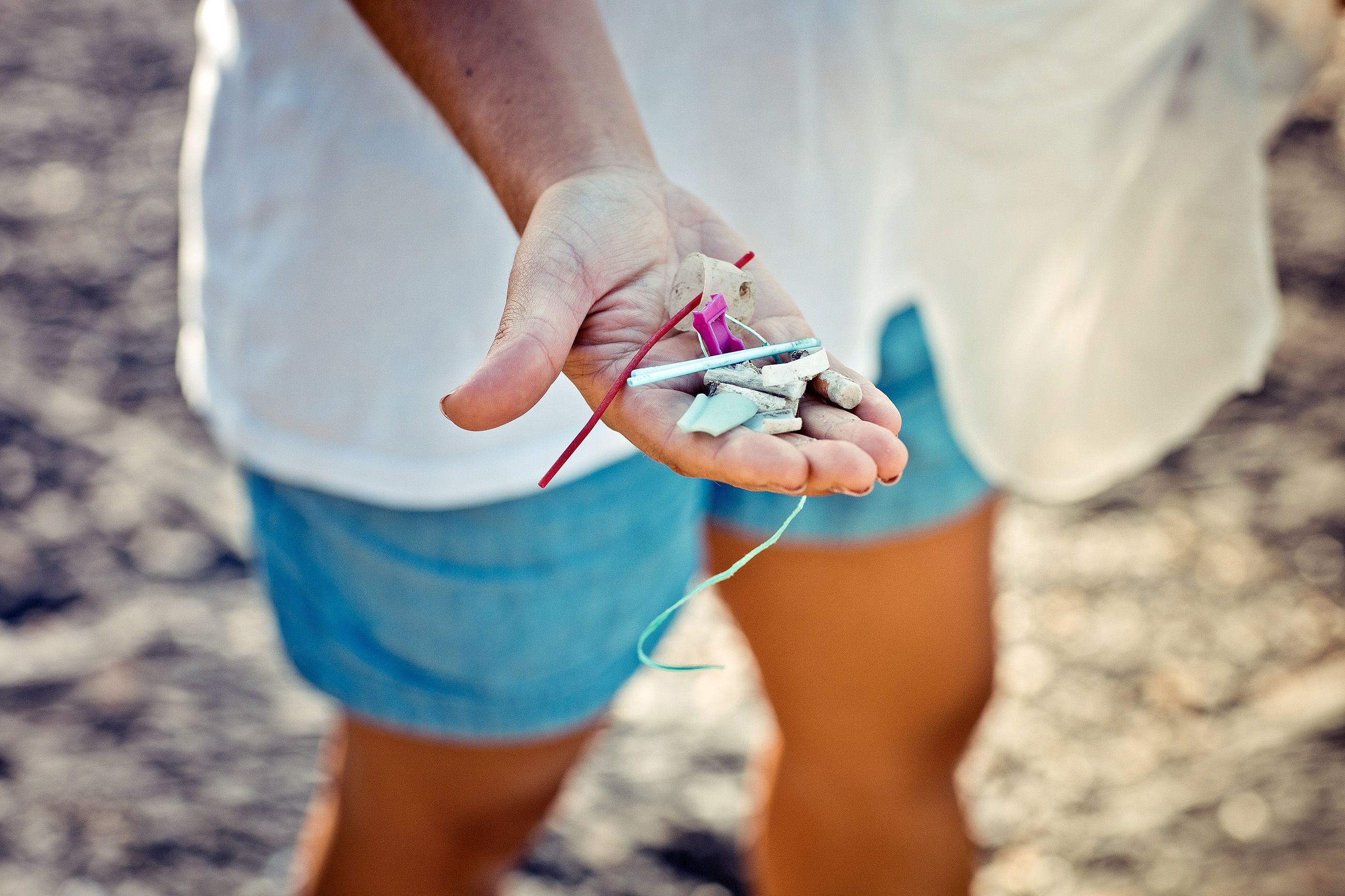
Repeat offenders are polystyrene, cotton bud stems, plastic bottle tops and disposable cups.
“We see a lot of cotton bud stems and other sanitary products in the ocean and on beaches. People flush things down the toilet and they end up here via the sewage system. If we look at the plastics that are littering the city, it’s also easy to see that Oslo is a city that is changing. Much of the waste comes from industry and the construction sector. Polystyrene, plastic strips for reinforcing concrete, and other building materials are a growing problem.
This means that simply picking up litter is not enough. Oslo’s plastics coordinator will hold conversations with many different parties in the coming months.
A collective effort
“Politicians are particularly interested in reducing consumption within the municipality, and I’ll collaborate with hospitals, schools, kindergartens and other organizations in Oslo to get them to join in. We must all make a collective effort, and much of my job is to focus on work to change attitudes among Oslo’s population, businesses, and the municipality, which are all contributors to pollution,” explains Stokkan.
In the battle against single-use plastics, we can start on a small scale. Everyone can make a difference, even if you’re not IKEA or the Norgesgruppen retail consortium:

There’s a lot of plastic in both cigarette butts and snuff
Anja Stokkan
“Sort your waste. Don’t flush cotton buds, or anything else for that matter, down the toilet. Take your own cup when you know that you’re going to be buying a take-away coffee, and think whether your really need the straw or disposable cutlery you’re being offered. Don’t spit snuff or throw your cigarette butt on the ground. There’s a lot of plastic in both cigarette butts and snuff, but it seems that many people aren’t aware of this,” says Stokkan, who also recommends that everyone should pick up any litter they see.
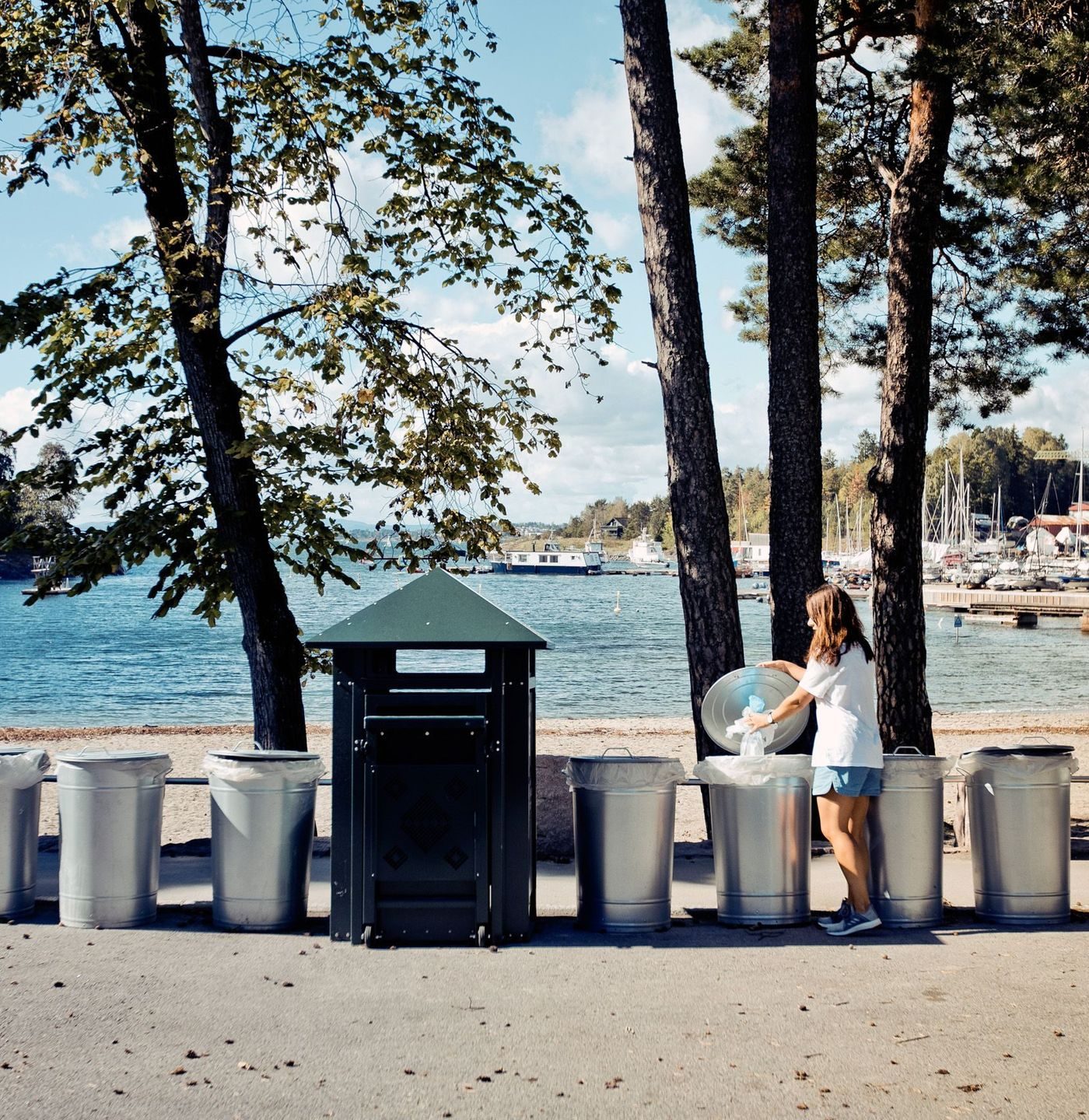
– To keep beaches clean, it is important to have an adequate number of bins and for them to be emptied frequently. At least Bygdøy Sjøbad has facilities in place.
Long-term plan
With Stokkan’s help, the City of Oslo will also review its own procurements to phase out the unnecessary use of single-use plastics in its own operations. At the same time, the city authorities are inviting businesses and individuals to participate in a joint initiative. It’s an ambitious plan, but Oslo’s newly appointed plastics coordinator isn’t letting herself get stressed.
“I want to spend a little time assessing, making sound plans, and talking to a lot of different parties. My contract lasts until the end of 2019, but I’ve had signals that people want to think long-term and that the work will most likely continue beyond that. I think it would be a great shame if the municipality didn’t continue the work, because this is an area with an enormous need for measures and attention,” says Stokkan.
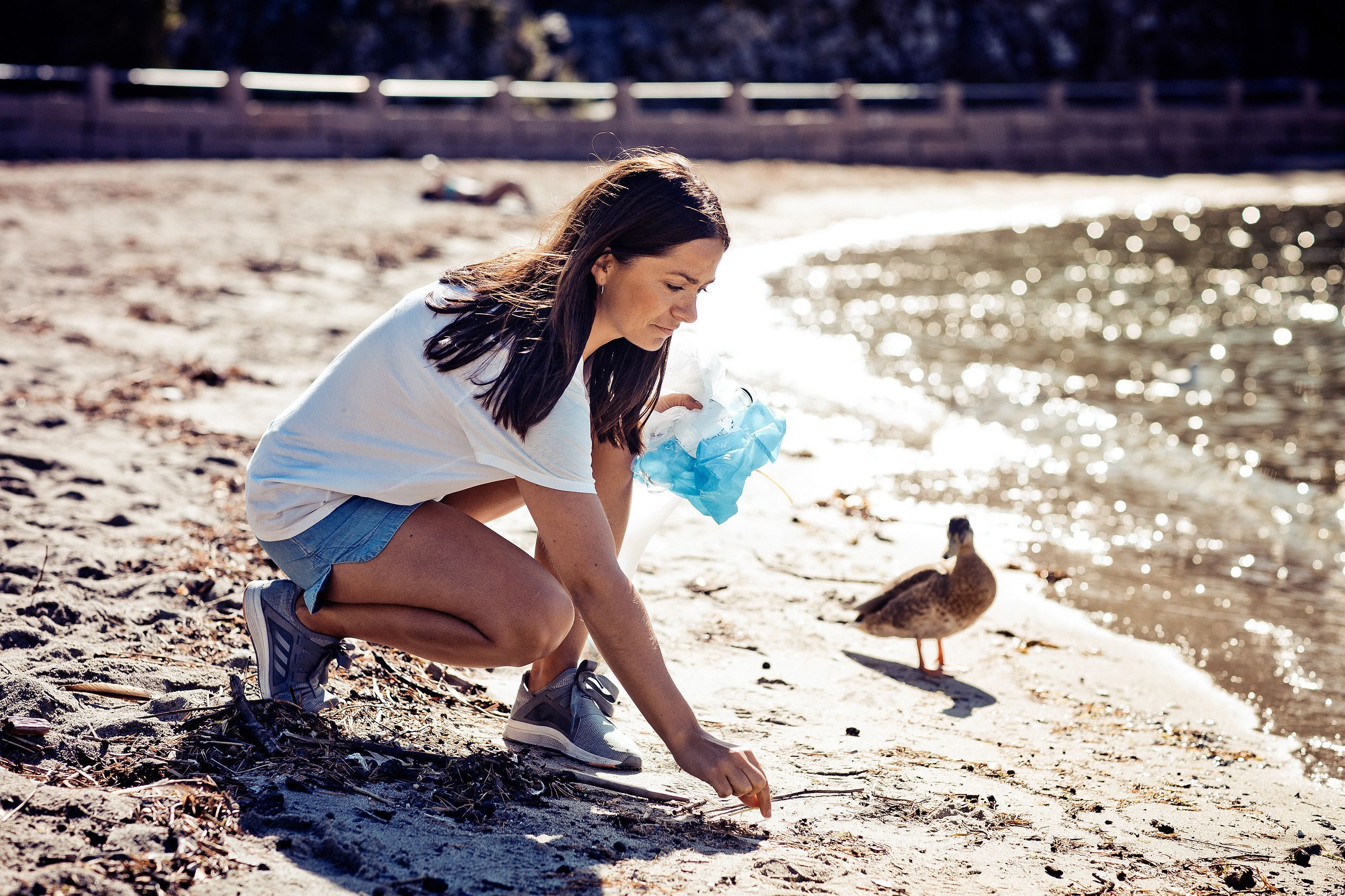
A major problem is the ingestion of our plastic litter by seabirds and other animals.
“Now I’m preparing an action plan – Putting our own house in order– and will take it up with the municipal agencies. I will challenge them to find specific measures they can get going with. It’s important for me to show that I’m not just going to sit on my own thinking. In addition, I want to increase commitment to cleaning initiatives and our collaborations with Hold Norge Rent [Keep Norway Beautiful], community organization Rusken and the International Coastal Clean-up Day each September.
“My impression is that people want to contribute and are positive about this.”

“It’s great that the electric bus is so quiet to drive”
We can have an impact as consumers
“What about major businesses? Do you think it will be difficult to get them to join in?”
“I was at Arendalsuka [a national political event] and there was a lot of focus on green transition and the circular economy. It’s beneficial for today’s businesses to bother themselves about the environment and to show that they care. We know about the importance of consumer power, and people feel positive about businesses that think green,” says Stokkan, who clarifies that the sea and marine pollution were among the topics that attracted the most attention during Arendalsuka. There were as many as 21 lectures on the topic.
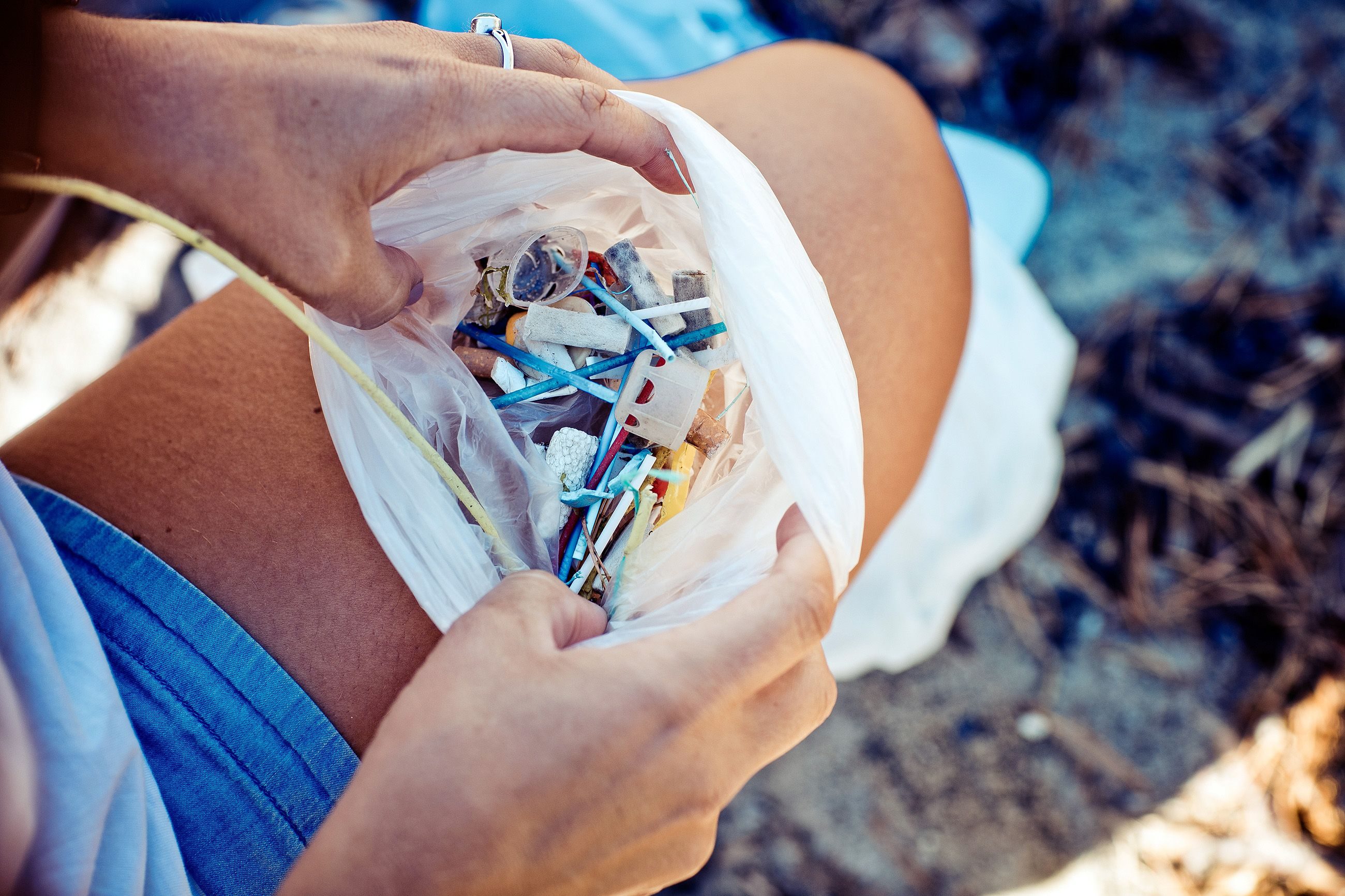
Today’s “catch”: two minutes of beach cleaning yielded a bag of plastic.
“There’s no longer anyone who denies that plastic pollution exists. Not even in debates with the plastics industry, although they do sometimes present the issue in a different way.”
This story was first published in Norwegian in August, 2018.
